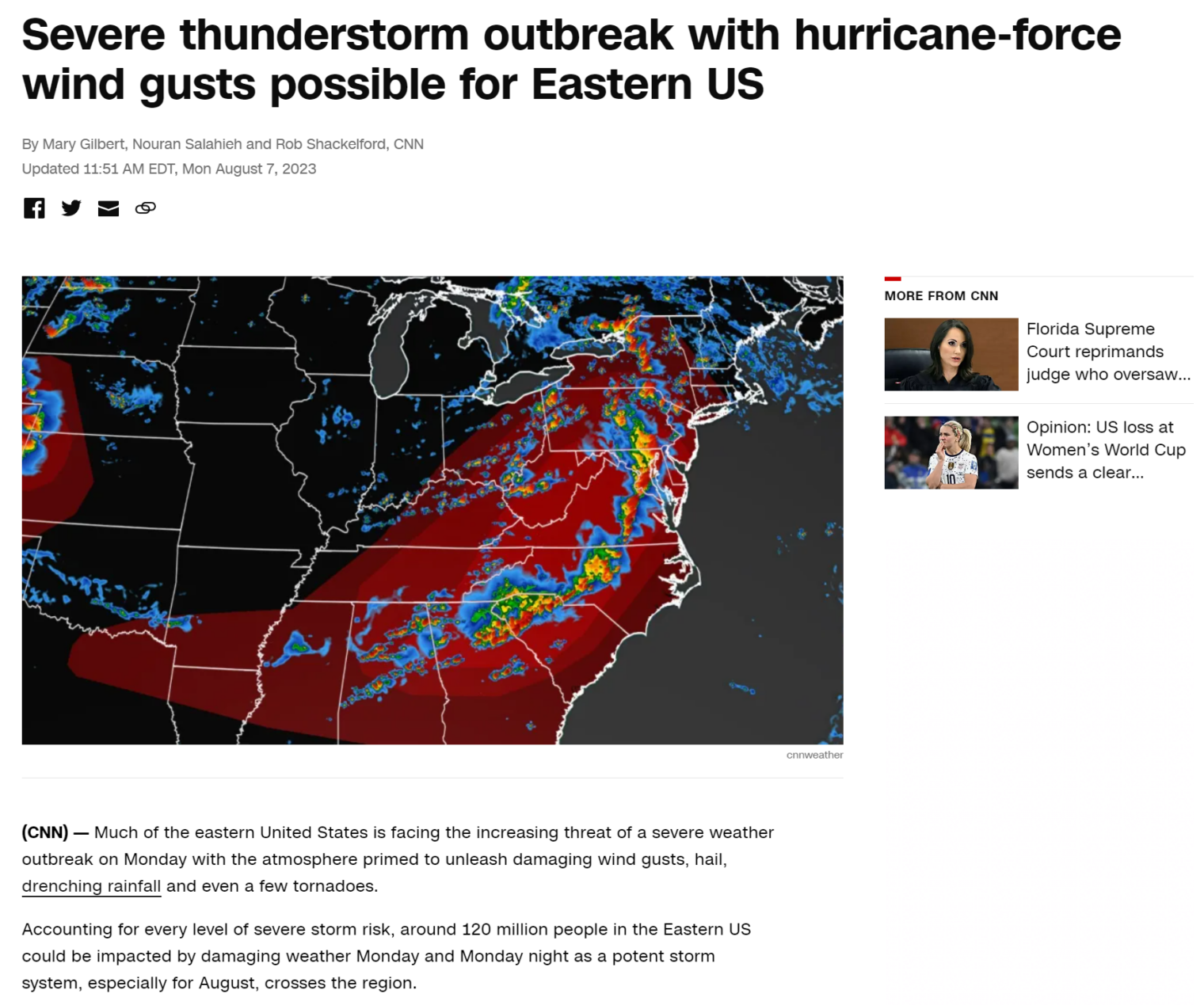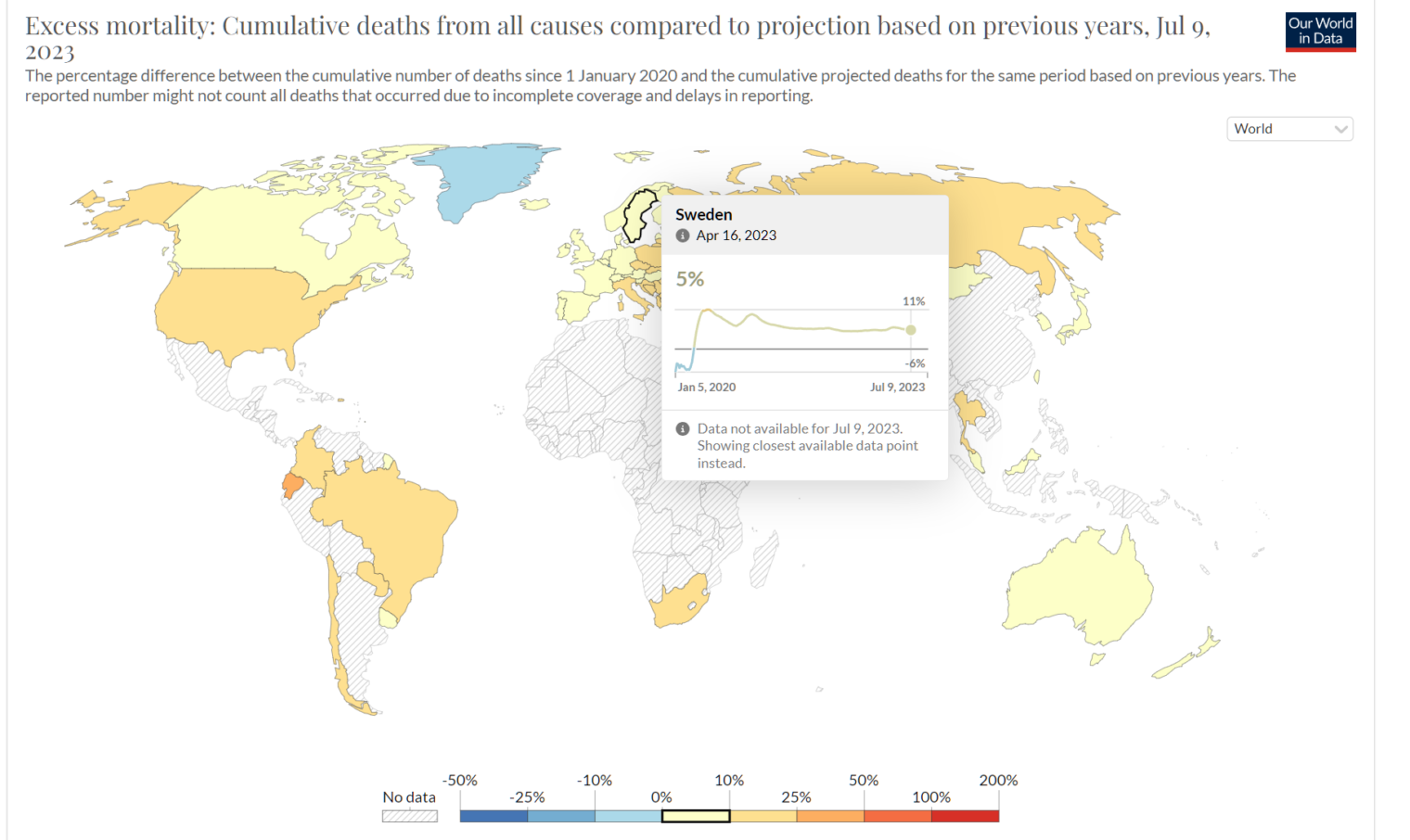We’re getting ready to run a natural gas line to where our gas grill is ($1500 is the new $700 for a half day of plumbing effort). We’ll need either to convert our basic propane grill, now 1.5 years old, or buy a fancy new grill. The space is tight and a grill wider than about 50 inches won’t look right (even the smallest grills are about this size with side shelves). We go through a propane tank every 1-2 months (using the grill every other day).
One of the divides in the consumer grill world seems to be infrared vs. conventional. The IR enthusiasts claim that they get better sear marks after a faster heating time and the reduced amount of hot air flow keeps more moisture in the food. On the other hand, some of the higher-end grills either don’t have an infrared burner or reserve the infrared burner for rotisserie, or have an infrared burner as a specialty zone with most of the grill being conventional. Here’s a grill that I overheard one rich guy recommending to another rich guy:
It has “Rotisserie system with infrared burners” but the primary burners are conventional. (Why would anyone pay $34,000 for a freestanding grill? The product lets you stick charcoal or wood in and light it with the gas. You can also do it with a $1500 Canadian grill from Napoleon and an accessory tray if a $32,000+ savings is significant to you.)
TEC sells $4,000+ infrared-only grills and claims that they’re vastly superior in every way. Certainly nobody is going to steal one because their smallest model weighs 248 lbs. on a pedestal. If TEC is so great, why don’t all of $1000 grill brands copy them? “Advantages and Disadvantages of Infrared BBQ Grills” says that infrared is unconditionally better:
Clean up is easier, too. The high temperatures practically vaporize any drippings or unwanted mess. In fact, most infrared grills are designed to use this feature by collecting the drippings in a channel. They’re then vaporized back into the food as pure flavor, eliminating the fare-ups in ordinary grills that must be conquered to avoid burning the food. These channels just wipe or clean with a regular grill brush. This is because of the high radiant heat.
Finally, food actually tastes better on an infrared grill, according to many. This is due to the high temperature and direct heating. The infrared burners are wide and cook uniformly with even heat distribution. It locks in all the seasoning and natural flavors in your food. The quickness of the neat locks in moisture, too. Meat, seafood, vegetables – everything is quickly seared and flavor-locked for the best taste.
“Infrared Grills — Advantages, Disadvantages and How They Work” says that the disadvantage is an ability to cook at low temps:
Although an infrared grill could take your steak cooking skills to another level, popular opinion is that this is about all it will do. With the crazy high temperatures it can reach, the grill can be somewhat difficult to master when it comes to the time-temperature relationship. In addition to this, it doesn’t offer the lower temperatures that a traditional gas or charcoal grill does. In contrast, other more traditional grills can offer as low as 100f at the low-end, which is great for slow cooking meats, whereas an infrared grill only goes as low as 250f.
(the TEC people claim that they can now go down to 200 degrees)
This retailer page suggests that infrared is not the complete solution.
To prepare for climate change, in which our 3-mile-inland house will soon be at the beach, it might be good to get a grill made from 316L marine grade stainless. Here’s one from Blaze into which an infrared burner can be installed to replace one of the conventional burners (about $4,000 total and we’d need to lose one side shelf to make it fit).
Readers: Have you cooked on an infrared grill? Is it suitable for nearly all grilling projects?
Crazy/heretical idea: If infrared is truly the best technology, why bother with natural gas or propane? Why not run a dedicated outlet, either 120V or 240V, and use electricity to create as much heat as desired? Char-Broil sells what they claim is “TRU-Infrared” for 320 square inches for $250. That’s actually larger than the 296-square-inch grilling surface claimed by TEC for its $4,000+ product. (Food&Wine magazine says that it doesn’t work) If you don’t need infrared, then a Ninja outdoor electric grill for $330 (you can toss in wood pellets for authentic smoked flavor), which gets 4.7 stars on Amazon. An electric grill used for slow-cooking should be vastly simpler and more reliable. Instead of adjusting the knobs and monitoring, set the desired temperature and walk away for 5 hours. Maybe gas grills are obsolete, just as gas ranges in the kitchen are obsolete, having been slain by mighty induction! (as predicted by Katherine Clerk Maxwell’s Equations) There aren’t that many full-size electric grills available right now, but we’ve been doing fine with 320 square inches of cooking surface on our existing grill.
(Existing electric grills don’t seem to make any attempt to compete with gas grills for total heat output. A medium-size standard four-burner grill puts out 48,000 BTUs, about 14,000 watts. The highest wattage electric grills that I have seen are 3,000 watts, less than a single burner on a high-end induction cooktop (3,300 to 3,700 watts is typical).)
Here’s a piece of restaurant equipment that I discovered at a friend of a friend’s house:
It seems to be called a “salamander” and the claim is that it will heat up to 1050C. It is all-infrared-all-the-time Based on a quick search, they seem to start at about $4,000 and consume 3000-4500 watts. (The house that I visited contained not a single piece of kitchen equipment that I knew how to either turn on or use.) More background on salamanders: from a retailer; from a manufacturer.
Loosely related (on the advantages of a propane-free society)… a story about Mohamad Barakat, a successful asylum-seeker from Syria:
Firefighters notified police [in Fargo, ND] after seeing guns, ammunition and propane tanks in Mohamad Barakat’s apartment, according to a report provided to The Associated Press Wednesday by the City of Fargo Fire Department.
Battalion Chief Jason Ness noted what appeared to be “a significant amount of gun ammunition,” “multiple ‘assault style’ rifles,” a 20-pound propane cylinder in a bedroom, a second smaller propane cylinder in the kitchen, and “a funnel, blender, and other items that looked to be for measuring purposes” in his report on the Sept. 6, 2022 fire.
“FPD determined everything was legal with the gun collection,” Ness wrote. “The individual admitted to owning approximately 10 guns and 6,000 rounds of ammunition. My decision to refer the issue to PD was based on the presence of the guns, several high capacity magazines, and the presence of propane tanks with no means of using the tanks for cooking or grilling.”
The migrant-turned-U.S. citizen loaded up the propane tanks a year later: AP News.
Related:
Full post, including comments


































